February 14, 2024
University of the People: Education Without Borders
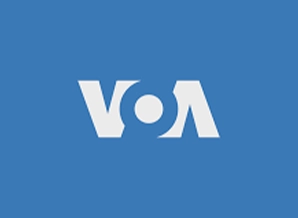
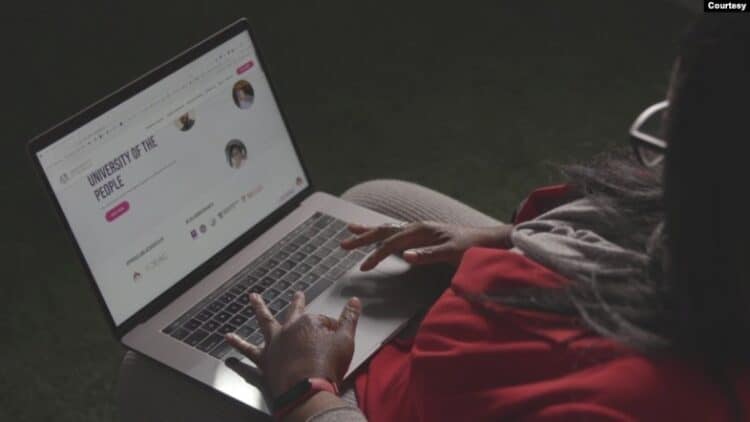
University of the People is the world’s first non-profit, accredited, tuition-free university. Almost 140 thousand students from 200 countries study at the university.
Katerina Glubochenko from Nikolaev was only three months away from completing her university education when war came to Ukraine. However, despite the tragedy unfolding before her eyes, Katerina did not leave her studies. Instead, she focused on her thesis project, sometimes working on it in bomb shelters.
“The chaos that happened in our city, throughout the country, in life, in school—it was like a zone of stability,” recalls Glubochenko. “That is, I told everyone that, in fact, my studies in Ukraine were what really supported me at that moment, because my 10-year-old child began to have an anxiety disorder. I was eight months pregnant, my work at college, at the local one, stopped, and my child’s schooling stopped. Everyone began to leave the city in panic. All businesses were closed, that is, everything stopped. A complete disaster, except for UoPeople. This is what I still had.”
Today Katerina is a graduate of University of the People (or UoPeople for short). It is the world’s first free, non-profit online university, founded in Pasadena, California in 2009 by businessman and entrepreneur Shai Reshef. The university accepts applicants from all over the world.
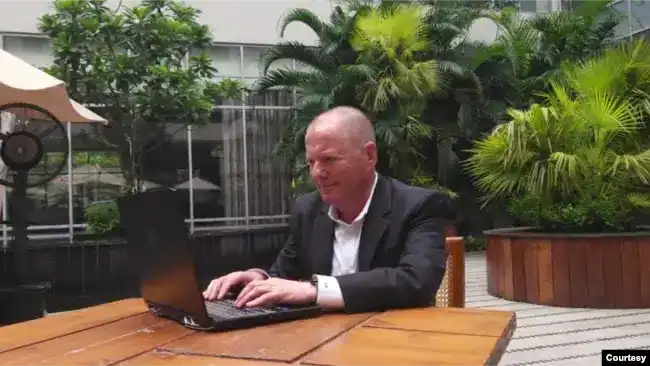
“Students who enroll at the University of the People often have no other options,” says Shai Reshef. “For example, in the USA we have homeless people, illegal immigrants, housewives, working adults who cannot fit school into their schedule. If you look globally, almost a third of our students are from Africa, simply because there are not enough universities in Africa. In Syria after the war, we started a program in Arabic. We have 16,500 refugee students – more than any other university in the world – from Syria, Yemen, Somalia and many countries in Africa. We have 3,000 women training in Afghanistan in the safety of their homes behind closed doors.”
Among the students is Khadija Amini, an Afghan refugee who is currently in Albania awaiting a US visa. Her parents worked for the Afghan government, and with the rise of the Taliban, the family had to flee. In UoPeople, Khadija found not only knowledge, but also a mission.
“I also help other Afghan girls who want to study,” says Amini. “I started teaching them English online, on a volunteer basis. Then I started looking for resources to give them money to pay for mobile communications, because now the situation in Afghanistan is not very good. Most of them cannot even find food for lunch or dinner. But at least with phones they can study from home. I also started telling my friends and students in Afghanistan about this university. And I know that at least two of my students are now also students at the University of the People.”
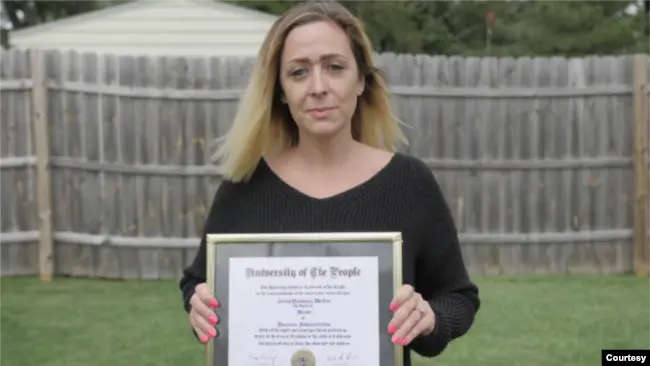
Festus Kowuna Ainu from Ghana, who grew up in a poor family with many children, says that thanks to UoPeople he was able to not only get the education of his dreams, but also helps others achieve the same:
“I help other people who also have difficulties studying or going to university. I think I’ve helped about 500-odd students get started at the University of the People in the last three years. When you walk through the streets of Accra, you see people selling water and various things. And when you talk to some of them, they have the knowledge, they have high school certificates with good results, but they don’t have the funding, they don’t have the resources, they don’t have the family support.”
UoPeople brings together more than 137 thousand students from two hundred countries and territories on one virtual campus. This unique university, with almost its entire 26,000-strong volunteer workforce, offers bachelor’s and master’s degrees in key areas such as business administration, computer science and health care.
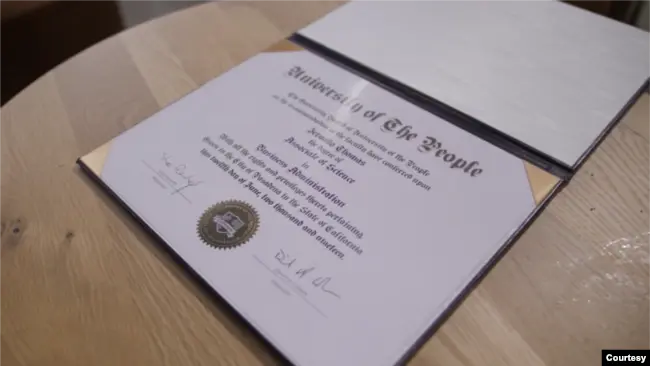
“I believe that education is a basic right and every person in the world deserves the opportunity to receive it,” says Reshef. “We have developed a model of higher education to show that it can be accessible to everyone. We believe that others can replicate what we do. The only way to bridge the gap between the number of educational institutions and the number of students willing to study is through online education. Because in the online environment there is a place for everyone.” UoPeople partners with leading universities around the world, including the University of California at Berkeley, the University of Oxford and the University of Edinburgh, McGill University and New York University, with support from philanthropy and technology giants such as the Bill & Melinda Gates Foundation, the Ford Foundation, Google, Intel and others.
(This story has been translated from its original version)
